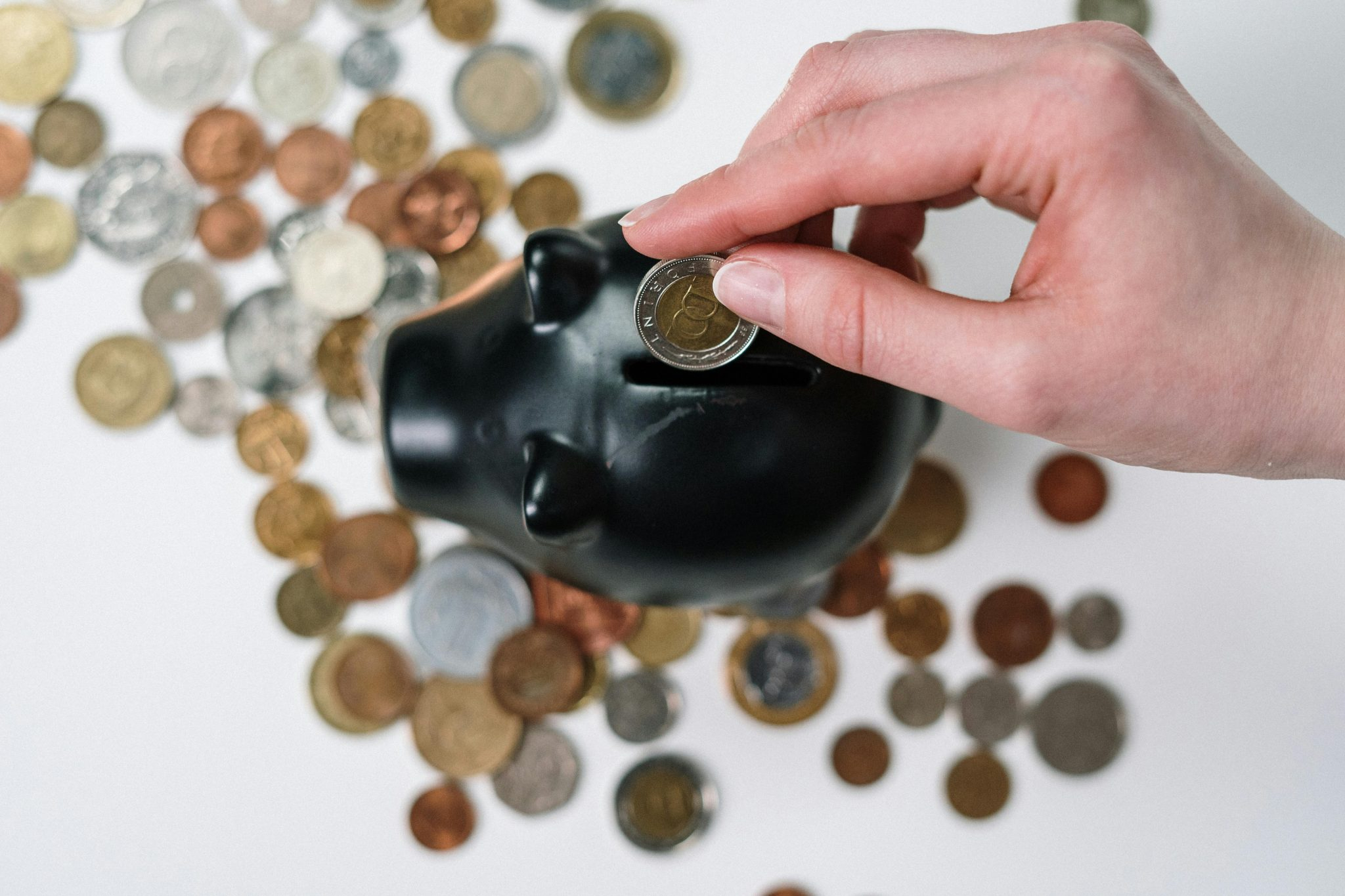Solar Panels: Costs and Long-Term Savings
Solar energy is becoming increasingly popular as a sustainable and environmentally friendly source of power. With renewable energy sources gaining more attention, many homeowners are turning to solar panels as a long-term solution for their energy needs. However, one of the main concerns for those considering solar panels is the cost and long-term savings. In this article, we will delve into the different factors that affect the cost of solar panels and the potential long-term savings that can be achieved. By the end, you will have a better understanding of the financial implications of investing in solar panels and whether it is a worthwhile decision for your home.
The Cost of Solar Panels
The cost of solar panels can vary greatly depending on a number of factors. The first consideration is the size of your system. The size is determined by the amount of electricity needed to power your home. The more electricity you use, the larger the system you will need and the higher the cost will be.
Another important factor is the type of solar panels you choose. There are three main types: monocrystalline, polycrystalline, and thin-film. Monocrystalline panels are the most efficient and therefore the most expensive, while polycrystalline and thin-film panels are more cost-effective but also less efficient. The type of panel you choose will depend on your energy needs and budget.
The installation costs also play a significant role in the overall cost of solar panels. The complexity of your roof, as well as the location and accessibility of your home, can affect the installation costs. Additionally, hiring a professional installer can add to the cost, but it is recommended for a proper and safe installation.
Solar Panel Incentives and Rebates
Although the initial cost of solar panels can be quite high, there are many financial incentives and rebates available that can significantly reduce the cost. The federal government, as well as some state governments, offer tax credits for installing solar panels. These credits can cover up to 30% of the cost of the system. Some states also offer additional rebates or incentives, including net metering, which allows homeowners to sell excess energy back to the grid.
In addition, some utility companies offer incentives and programs for installing solar panels. These may include waived fees for connecting your system to the grid or a credit on your energy bill for using clean energy.
The Long-Term Savings of Solar Panels
While solar panels may have a high upfront cost, they can provide significant long-term savings. One of the main long-term savings is the reduction or elimination of your electricity bill. With a solar panel system, you can generate your own clean energy, reducing your reliance on expensive utility companies. In some cases, homeowners with solar panels have seen their energy bills decrease by 50% or more.
Increased Property Value
In addition to saving on your energy bills, installing solar panels can also increase the value of your home. A study by the Lawrence Berkeley National Laboratory found that homes with solar panels sell for an average of 4% more than homes without solar panels. This means that not only are you saving money on your energy bills, but you are also making a profitable investment in your property.
Long-Term Maintenance and Warranty
Solar panels also require very little maintenance, which can result in long-term savings. With no moving parts, there are fewer chances for malfunction or breakdown. Most solar panel systems come with a warranty of 20-25 years, so you can be assured that your investment is protected. In the rare case that something does go wrong, most warranties cover repairs or replacements at no additional cost.
Conclusion
While the initial cost of solar panels may seem intimidating, the long-term savings, combined with financial incentives and increased property value, make it a worthwhile investment. Consider your energy needs, budget, and available incentives before making a decision. And remember, investing in solar panels not only benefits your wallet, but also the environment. It’s a win-win situation, so why not consider making the switch to solar energy?










